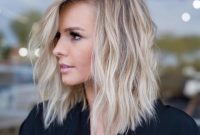In the realm of hair care, conditioners and deep conditioners reign supreme, promising to transform your locks into a vision of health and beauty. Join us as we delve into the world of hair conditioners and deep conditioners, unraveling their secrets and empowering you with the knowledge to achieve your hair goals.
From understanding their purpose and benefits to mastering their application, we’ll cover everything you need to know about these hair care essentials. Whether you’re seeking to tame unruly tresses, restore moisture, or simply maintain healthy, radiant hair, this comprehensive guide will equip you with the tools and insights you need to achieve your hair aspirations.
Hair Conditioner Deep Conditioner Definition
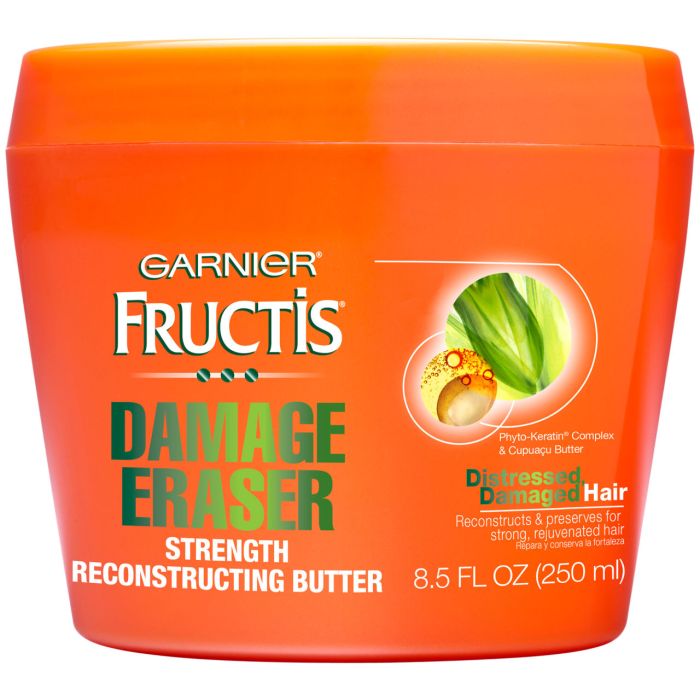
Hair conditioner and deep conditioner are essential hair care products that provide nourishment, hydration, and protection to the hair. They help to improve the overall health, appearance, and manageability of the hair.
Hair conditioner is a leave-in or rinse-out product that is applied after shampooing. It helps to detangle the hair, reduce frizz, and add shine. Hair conditioners typically contain ingredients such as humectants, emollients, and proteins, which work together to hydrate, soften, and strengthen the hair.
Deep conditioner is a more intensive treatment that is applied to the hair and left on for a longer period of time, typically 30 minutes to an hour. Deep conditioners contain a higher concentration of nourishing ingredients than regular conditioners and are designed to penetrate the hair shaft and provide deep conditioning.
They help to repair damaged hair, reduce breakage, and improve overall hair health.
Key Ingredients
The key ingredients commonly found in hair conditioners and deep conditioners include:
- Humectants: These ingredients, such as glycerin and hyaluronic acid, help to attract and retain moisture in the hair.
- Emollients: These ingredients, such as shea butter and coconut oil, help to soften and smooth the hair.
- Proteins: These ingredients, such as keratin and collagen, help to strengthen and repair the hair.
- Antioxidants: These ingredients, such as vitamin E and green tea extract, help to protect the hair from damage caused by free radicals.
Natural and Synthetic Ingredients
Hair conditioners and deep conditioners can contain both natural and synthetic ingredients. Some common natural ingredients include:
- Aloe vera
- Avocado oil
- Coconut oil
- Honey
- Jojoba oil
- Shea butter
Some common synthetic ingredients include:
- Dimethicone
- Cyclomethicone
- Amodimethicone
- Behentrimonium chloride
- Cetearyl alcohol
Types of Hair Conditioners and Deep Conditioners
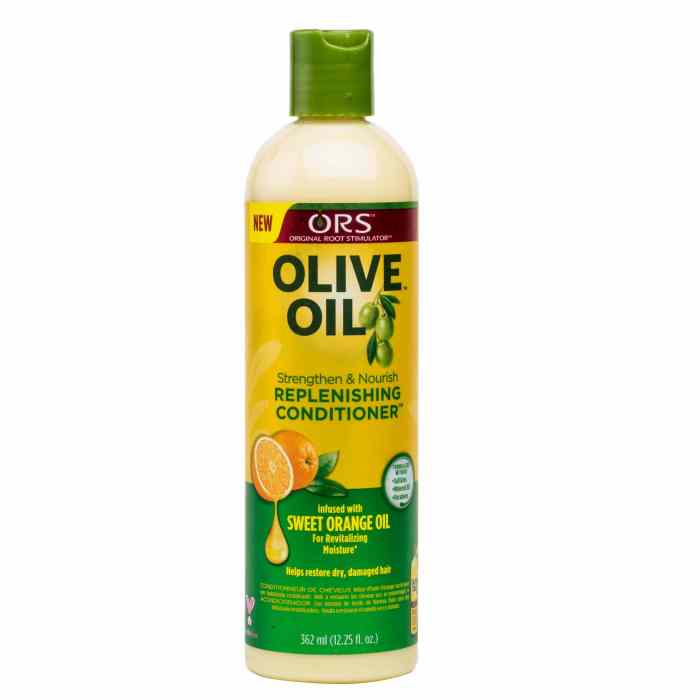
Hair conditioners and deep conditioners are hair care products designed to improve the health, appearance, and manageability of hair. Both types of conditioners work by replenishing moisture, reducing frizz, and adding shine to hair, but they differ in their purpose, ingredients, and application process.
Regular Conditioners
Regular conditioners are designed for everyday use and are applied after shampooing. They typically contain a blend of ingredients that help to detangle hair, reduce static, and add shine. Regular conditioners can be used on all hair types, but they are particularly beneficial for those with fine or oily hair, as they can help to weigh hair down and make it more manageable.
Deep Conditioners
Deep conditioners are more intensive than regular conditioners and are typically used once or twice a week. They contain a higher concentration of moisturizing and nourishing ingredients, such as oils, butters, and proteins, which help to penetrate the hair shaft and repair damage.
Deep conditioners can be used on all hair types, but they are particularly beneficial for those with thick, coarse, or dry hair, as they can help to restore moisture and elasticity.
Choosing the Right Conditioner or Deep Conditioner
The type of conditioner or deep conditioner that is best for you will depend on your hair type and condition. If you have fine or oily hair, a regular conditioner may be sufficient. If you have thick, coarse, or dry hair, a deep conditioner may be a better choice.
You may also want to consider using a deep conditioner if your hair is damaged or color-treated.
Benefits of Using Hair Conditioner and Deep Conditioner
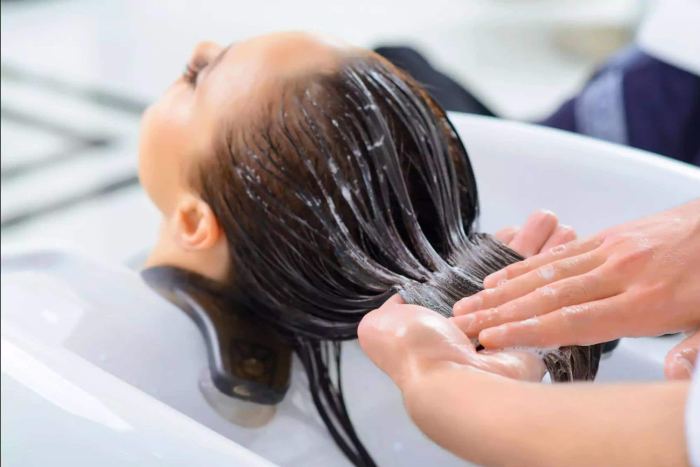
Regular use of hair conditioner and deep conditioner offers several advantages for hair health. These products not only enhance the appearance of hair but also contribute to its overall well-being.
Research studies have demonstrated the positive impact of hair conditioners and deep conditioners on hair health. For instance, a study published in the Journal of Cosmetic Science found that hair conditioners significantly improve hair manageability, reduce static electricity, and enhance hair’s ability to hold moisture.
Improved Hair Manageability
- Conditioners and deep conditioners reduce tangles and knots, making hair easier to comb and style.
- They smooth the hair cuticle, reducing friction between hair strands and preventing breakage.
- Conditioners also help to detangle hair, making it more manageable, especially after washing.
Enhanced Hair Texture
- Conditioners and deep conditioners add moisture and nutrients to hair, improving its texture and making it softer and smoother.
- They help to repair damaged hair, reducing split ends and frizz.
- Conditioners also protect hair from environmental stressors, such as heat and UV radiation, which can cause hair to become dry and brittle.
Improved Hair Appearance
- Conditioners and deep conditioners give hair a healthy shine and luster.
- They help to control frizz and flyaways, giving hair a more polished and refined appearance.
- Conditioners also protect hair color from fading, keeping it vibrant and long-lasting.
How to Use Hair Conditioner and Deep Conditioner
Using hair conditioner and deep conditioner regularly is crucial for maintaining healthy and beautiful hair. Here’s a step-by-step guide on how to use these products effectively: Step 1: Shampoo Your Hair Start by washing your hair with a gentle shampoo suitable for your hair type.
Rinse thoroughly to remove dirt, oil, and product buildup. Step 2: Apply Conditioner After shampooing, apply a conditioner to the lengths and ends of your hair, avoiding the roots. Use a wide-toothed comb to distribute the conditioner evenly.
Leave it in for the recommended time specified on the product label, usually between 1-3 minutes. Step 3: Rinse the Conditioner Rinse the conditioner thoroughly with lukewarm water until the water runs clear. Avoid using hot water, as it can strip your hair of its natural oils.
Step 4: Apply Deep Conditioner (Optional) Once a week or every two weeks, use a deep conditioner for an intensive hair treatment. Apply it to your hair from roots to ends, and leave it in for the recommended time, usually between 15-30 minutes.
Step 5: Rinse the Deep Conditioner Rinse the deep conditioner thoroughly with lukewarm water until the water runs clear. Step 6: Style Your Hair Style your hair as desired.
Tips for Applying Conditioner and Deep Conditioner:
- For fine hair, use a lightweight conditioner to avoid weighing it down.
- For thick or coarse hair, use a richer conditioner to provide extra moisture and nourishment.
- Apply conditioner only to the lengths and ends of your hair, avoiding the roots.
- Leave the conditioner in for the recommended time specified on the product label.
- Rinse the conditioner thoroughly with lukewarm water.
- Use a deep conditioner once a week or every two weeks for an intensive hair treatment.
- Leave the deep conditioner in for the recommended time specified on the product label.
- Rinse the deep conditioner thoroughly with lukewarm water.
Frequency of Use
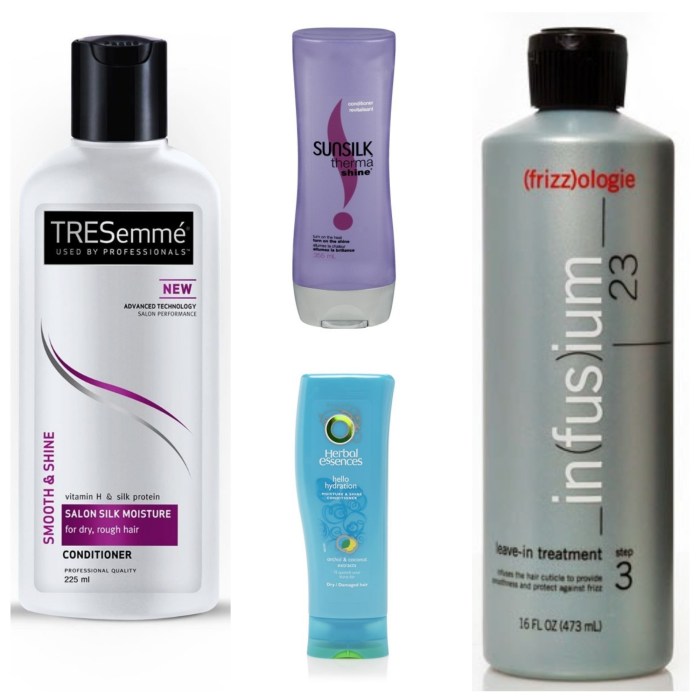
Maintaining healthy hair requires a balance between providing adequate moisture and nourishment without overdoing it. The frequency of using hair conditioner and deep conditioner should be tailored to your hair type and condition to achieve optimal results.
For daily hair care, a conditioner is generally recommended after every wash. It helps detangle, smooth, and hydrate the hair, making it more manageable and less prone to breakage. Deep conditioning treatments, on the other hand, are more intensive and should be used less frequently, typically once or twice a week for most hair types.
Overuse and Underuse
Overusing hair conditioner or deep conditioner can weigh down the hair, making it appear greasy and limp. It can also lead to product buildup, which can block the hair follicles and hinder healthy hair growth. Conversely, underusing these products may result in dry, brittle hair that is prone to breakage and split ends.
Finding the Optimal Balance
The key to healthy hair is finding the right balance in using hair conditioner and deep conditioner. Here are some guidelines to help you determine the optimal frequency for your hair type:
- Normal Hair: Use conditioner after every wash and deep condition once or twice a month.
- Dry Hair: Use conditioner after every wash and deep condition weekly or bi-weekly.
- Oily Hair: Use conditioner sparingly after every wash and deep condition once or twice a month.
- Damaged Hair: Use conditioner after every wash and deep condition weekly or bi-weekly.
It’s important to pay attention to how your hair responds to these products and adjust the frequency accordingly. If you notice signs of product buildup, such as greasy roots or limp hair, reduce the frequency of use. If your hair feels dry or brittle, increase the frequency of conditioning treatments.
DIY Hair Conditioner and Deep Conditioner Recipes
Homemade hair conditioners and deep conditioners are natural alternatives to commercial products. They offer various benefits, including the use of recognizable ingredients, cost-effectiveness, and customization to specific hair needs. However, it’s crucial to understand the limitations, such as potential allergic reactions, the need for regular use, and the importance of proper storage.
Recipes for Homemade Hair Conditioners
Creating your hair conditioner at home is a simple process that allows you to tailor it to your hair type and preferences.
- Honey and Coconut Milk Conditioner: Mix equal parts honey and coconut milk. Apply to damp hair, leave for 15-20 minutes, and rinse thoroughly.
- Avocado and Olive Oil Conditioner: Mash an avocado and mix it with 2 tablespoons of olive oil. Apply to damp hair, leave for 30 minutes, and rinse thoroughly.
- Banana and Yogurt Conditioner: Blend a ripe banana with 1/2 cup of yogurt. Apply to damp hair, leave for 20 minutes, and rinse thoroughly.
Recipes for Homemade Deep Conditioners
Deep conditioners provide intense nourishment and hydration to hair. Here are some homemade recipes:
- Coconut Oil and Shea Butter Deep Conditioner: Mix equal parts coconut oil and shea butter. Apply to dry hair, cover with a shower cap, and leave overnight. Rinse thoroughly in the morning.
- Egg and Olive Oil Deep Conditioner: Beat an egg and mix it with 2 tablespoons of olive oil. Apply to damp hair, leave for 30 minutes, and rinse thoroughly.
- Aloe Vera and Honey Deep Conditioner: Mix 1/2 cup of aloe vera gel with 2 tablespoons of honey. Apply to damp hair, leave for 20 minutes, and rinse thoroughly.
Storing and Using Homemade Hair Conditioners and Deep Conditioners
Proper storage and usage are essential to maintain the effectiveness of homemade hair conditioners and deep conditioners.
- Storage: Store homemade conditioners and deep conditioners in airtight containers in a cool, dark place. They typically have a shorter shelf life than commercial products, so use them within a few weeks.
- Usage: Apply conditioners to damp hair after shampooing. Leave them in for the recommended time and rinse thoroughly. Deep conditioners can be used once or twice a week, depending on hair needs.
Comparison of Commercial and DIY Hair Conditioners and Deep Conditioners
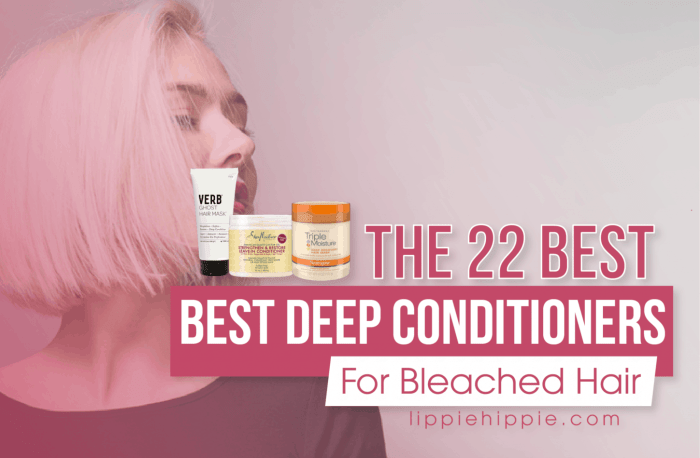
Commercial and DIY hair conditioners and deep conditioners offer unique advantages and disadvantages. Understanding these differences can help you choose the best option for your hair type and needs.
Effectiveness
Both commercial and DIY conditioners can be effective in improving hair health. Commercial products often contain a blend of ingredients designed to address specific hair concerns, such as dryness, frizz, or color damage. DIY conditioners, on the other hand, typically rely on natural ingredients like oils, aloe vera, and yogurt, which can also provide beneficial conditioning effects.
Advantages and Disadvantages of Commercial Hair Conditioners and Deep Conditioners
- Advantages:
- Convenient and easy to use
- Widely available
- Formulated with specific ingredients for different hair types and concerns
- Disadvantages:
- Can be expensive
- May contain harsh chemicals that can irritate sensitive skin
- Some products may not be suitable for all hair types
Advantages and Disadvantages of DIY Hair Conditioners and Deep Conditioners
- Advantages:
- Natural and gentle on the hair and scalp
- Cost-effective
- Can be customized to suit individual hair needs
- Disadvantages:
- May not be as effective as commercial products for severe hair damage
- Can be time-consuming to make
- May not have a long shelf life
Choosing the Best Option
The best type of conditioner for you depends on your hair type, budget, and personal preferences. If you have healthy hair and are looking for a convenient and effective solution, commercial conditioners may be a good choice. If you have sensitive skin or specific hair concerns, DIY conditioners can provide a natural and gentle alternative.
Ultimately, the best way to find the right conditioner is to experiment with different products and see what works best for your hair.
Potential Side Effects and Precautions
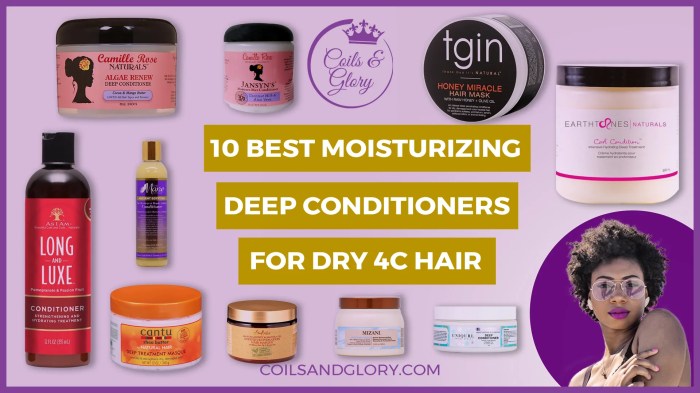
While hair conditioners and deep conditioners offer numerous benefits, it’s essential to be aware of potential side effects and take precautions to minimize them. This section highlights common side effects associated with these products and provides guidance on avoiding or mitigating these issues, especially for individuals with sensitive scalps or damaged hair.
Potential Side Effects
- Product Buildup: Excessive use of conditioners, particularly those containing heavy ingredients like silicones, can lead to product buildup, weighing hair down and making it appear greasy. This buildup can also hinder the scalp’s ability to produce natural oils, potentially leading to dryness and irritation.
- Scalp Irritation: Some conditioners may contain ingredients that irritate sensitive scalps, causing redness, itching, and flaking. This can be especially problematic for individuals with conditions like eczema or psoriasis.
- Allergic Reactions: Certain ingredients in conditioners, such as fragrances, dyes, or preservatives, can trigger allergic reactions in susceptible individuals. These reactions can manifest as skin irritation, hives, or even respiratory problems.
- Hair Damage: Overuse of deep conditioners or leaving them on for extended periods can potentially damage hair, making it more prone to breakage and split ends. This is particularly true for conditioners containing harsh chemicals or those designed for specific hair types that may not be suitable for all.
Precautions for Sensitive Scalps and Damaged Hair
- Choose Gentle Formulas: Individuals with sensitive scalps should opt for conditioners specifically designed for sensitive skin. These products typically contain milder ingredients that are less likely to cause irritation.
- Avoid Heavy Ingredients: If you have fine or oily hair, it’s best to avoid conditioners with heavy ingredients like silicones, which can weigh hair down and make it appear greasy.
- Moderate Use: Use conditioners sparingly and only as needed. Overusing conditioners can lead to product buildup and scalp irritation.
- Rinse Thoroughly: Rinse conditioners out thoroughly to remove any residue that may irritate the scalp or weigh hair down.
- Avoid Deep Conditioners: Individuals with damaged hair should avoid deep conditioners, as they can further weaken hair strands and lead to breakage.
Professional Hair Care Services
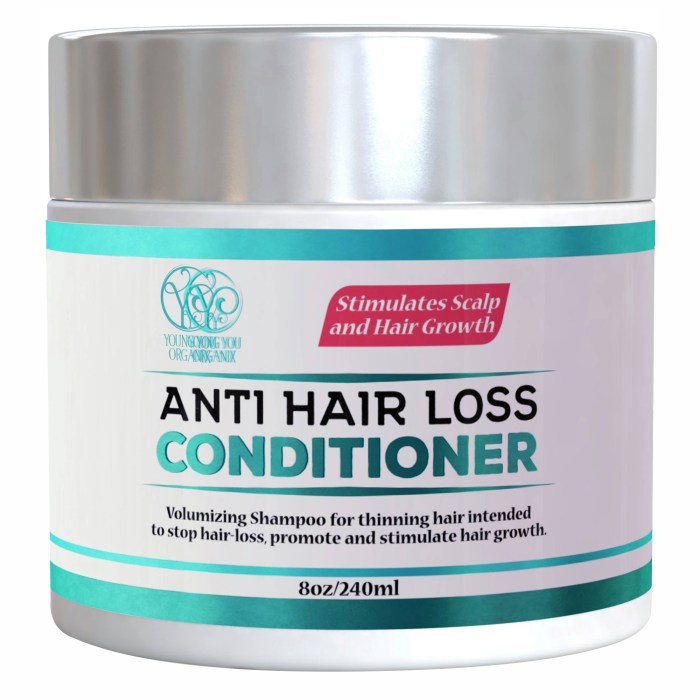
Professional hair care services play a crucial role in maintaining healthy, beautiful hair. Beyond regular shampooing and conditioning at home, salon treatments offer specialized care and expertise to address specific hair concerns and enhance overall hair health.
Benefits of Professional Hair Conditioning and Deep Conditioning Treatments
Regular conditioning and deep conditioning treatments at a salon provide several benefits:
- Intense Hydration: Professional conditioners and deep conditioners are formulated with concentrated ingredients that deeply penetrate the hair shaft, providing intense hydration and nourishment.
- Damage Repair: These treatments help repair damaged hair by replenishing essential nutrients and proteins, restoring strength, and reducing breakage.
- Frizz Control: They tame frizz, smooth flyaways, and enhance hair’s manageability, resulting in a sleek, polished look.
- Color Protection: Professional conditioners and deep conditioners can help protect color-treated hair from fading and brassiness, preserving the vibrancy of the color.
- Scalp Health: Salon treatments often include scalp massages that stimulate blood circulation, promoting hair growth and improving overall scalp health.
Choosing a Reputable Hair Salon and Experienced Hairstylist
Selecting the right hair salon and hairstylist is essential for a positive and effective hair care experience. Here are some factors to consider:
- Reputation and Reviews: Look for salons with a good reputation and positive reviews from previous clients.
- Experience and Expertise: Choose a salon that specializes in hair care services and has experienced hairstylists who are knowledgeable about different hair types and conditions.
- Consultation: Opt for salons that offer a consultation before the treatment to assess your hair’s needs and recommend the most suitable services.
- Cleanliness and Hygiene: Ensure the salon maintains high standards of cleanliness and hygiene to prevent any infections or scalp issues.
- Product Quality: Inquire about the quality of products used in the salon to ensure they are professional-grade and suitable for your hair type.
Closing Summary
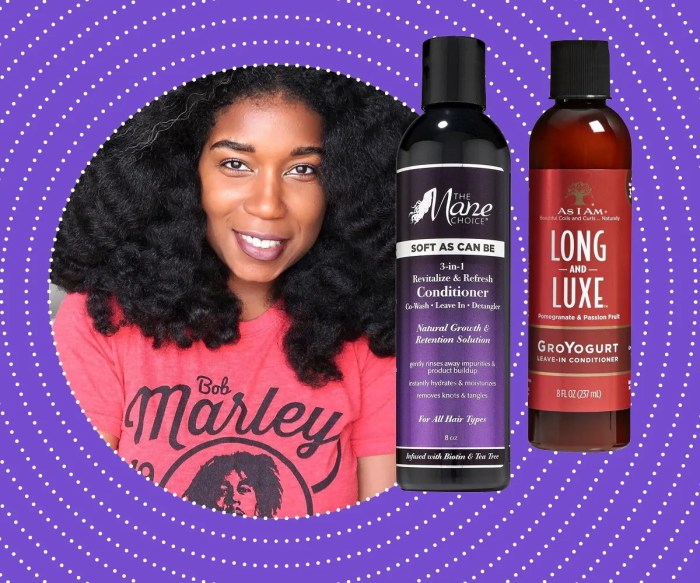
As you embark on your hair care journey, remember that consistency is key. Regular use of conditioner and deep conditioner, tailored to your hair’s unique needs, will lead you to a crowning glory that radiates health, vitality, and beauty. Embrace the transformative power of these hair care heroes and witness the remarkable difference they can make in your hair’s appearance and overall well-being.
Answers to Common Questions
Q: What’s the difference between hair conditioner and deep conditioner?
A: Hair conditioner is a rinse-out product that provides immediate hydration and detangling benefits, while deep conditioner is a leave-in treatment that penetrates the hair shaft, providing intense nourishment and repair.
Q: How often should I use hair conditioner and deep conditioner?
A: The frequency depends on your hair type and condition. Generally, conditioner can be used after every wash, while deep conditioner should be used once or twice a week for dry or damaged hair, and less frequently for oily hair.
Q: Can I make my own hair conditioner and deep conditioner at home?
A: Yes, there are numerous DIY recipes using natural ingredients like coconut oil, honey, and avocado. However, it’s important to note that homemade conditioners and deep conditioners may not be as effective as commercial products.
Q: What are the potential side effects of using hair conditioner and deep conditioner?
A: Overuse or improper use of these products can lead to product buildup, scalp irritation, and limp, greasy hair. Always follow the instructions on the product label and avoid applying conditioner or deep conditioner to the scalp.
Q: Should I get professional hair conditioning and deep conditioning treatments?
A: Professional hair care services can provide deep conditioning treatments that are more intensive than at-home treatments. These treatments can be beneficial for severely damaged hair or as a special pampering session.


